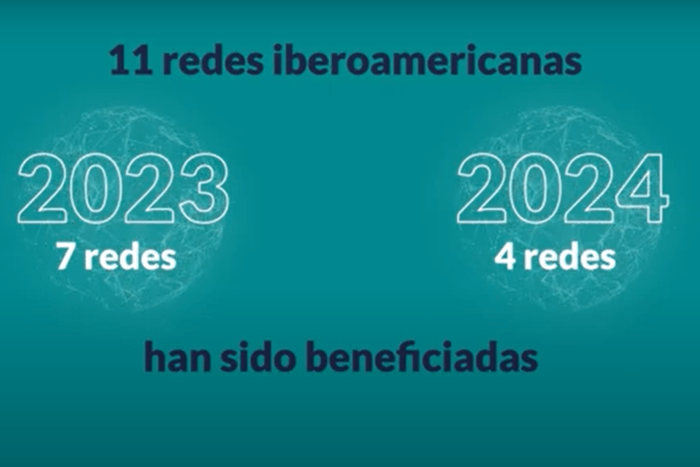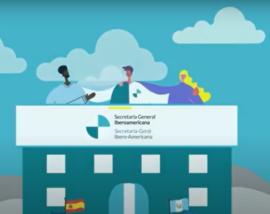Organization: The Brooke Hospital for Animals
Country: Nicaragua
Closing date: 05 Feb 2017
Project background
Brooke entered a partnership with Portuguese NGO OIKOS in Nicaragua in April 2013. The project was extended in April 2015 for a further 12 months in order to assess the case for setting up a representative office for Brooke in Central America. This review in October 2015 concluded that a recommendation should be made to the Board of Trustees to establish a Branch office, subject to Government registration, and to invest in a full Brooke programme. The pilot project was extended in April 2016 for a fourth year, to allow time for the Board of Trustees to consider and approve the proposal and for the Government registration process to be completed.
The focus of Brooke in Nicaragua has been on improving animal welfare of working equids in 14 rural and semi urban communities. The main areas of work have been community engagement with participatory approaches for the horse owners and their communities; service provision, providing capacity building to equine service providers and advocacy.
The Brooke/OIKOS pilot project will close in March 2017. Brooke’s contract with OIKOS will end on March 31 2017, as will the contracts of staff working on the Brooke/OIKOS project, who are all employed by OIKOS.
1.1. Specific Objectives for the project: April 2016 – March 2017
Goal: Improve the animal welfare of 543 working equines focusing on four aspects of: Body Condition Score (BCS), hooves, wounds, ecto-parasites, and heat stress.
Objective 1: Improvement of knowledge and practice of those local service providers identified as relevant
Objective 2: Improvement of knowledge and practice of owners/users about feeding, prevention of heat stress, wound treatment and hoof maintenance to acceptable levels
Advocacy specific objective 1: Draft regulations for Law 747 adequately include working equine welfare according to OIE standards.
Advocacy specific objective 2: Specific decision-makers and IPSA are convinced of the importance to include working horses into the existing traceability programme.
Advocacy specific objective 3: Universities and technical schools which offer a career of veterinary medicine recognize the need of emphasizing more animal welfare and equine medicine in their curricula.
Advocacy specific objective 4: Town councils of Brooke's intervention areas put equine welfare on the agenda.
1 Scope of the evaluation
The main objective of the evaluation is to provide accountability and make sure learning from the “pilot” is used to improve future programme design.
The specific objectives of the evaluation are:
· To identify any successes or sustainable interventions at the end of the pilot project period in March 2017, any significant changes in the welfare of animals or changes in the stakeholders;
· To review the design and relevance of the pilot project. To find out if the existing management and team structure was the right one and if it had the intended outcome;
· To gather any lessons learnt from the intervention that could be applied to other programmes following the Development Assistance Committee (DAC) criteria.
It will require the following deliverables:
-
Inception Report outlining the evaluation methodology to be used by the evaluator and a final work plan;
-
Stakeholder workshop: The evaluator shall facilitate a learning workshop in country to present the draft report and the findings of the evaluation to the project staff and key stakeholders; to gather feedback on the findings and where possible build consensus on recommendations;
-
Draft evaluation report with specific recommendations; lessons learnt and good practices;
-
Final evaluation report (max. 30 pages) incl. executive summary.
Gender equality issues shall be explicitly addressed throughout the evaluation activities of the consultant and all outputs including final reports or events need to be gender mainstreamed.
2 Evaluation arrangements and professional requirements
The evaluator will conduct a final evaluation between 20th February and 5th April 2017. The assignment is for approximately 18 work-days during that period. The assignment will require the country office to be visited and Brooke project staff will help in organizing accommodation, arranging meetings and transportation. It is anticipated that the evaluator will visit communities for a process of participatory evaluation with project stakeholders without project staff accompaniment.
Selection of the evaluator will be done by the Performance and Evaluation team and will be based on the strength of the qualifications provided by potential candidates through their expressions of interest for the assignment.
How to apply:
Interested candidates should include in the expression of interest:
-
An updated CV;
-
A detailed presentation of their background and experience in community engagement and technical skills development and application, highlighting significant field experience in the evaluation of development projects relevant to this assignment, which may be livestock / animal welfare related or more generally livelihoods focused;
-
A statement of availability for the entire duration of the assignment;
-
A daily consultancy fee in USD;
-
Two work samples.
Applicants should have a
Relevant degree / equivalent experience related to the evaluation to be undertaken;
Significant experience in coordination, design, implementation, monitoring and evaluation of projects;
Skills set combining both participatory evaluation techniques and more formal quantitative data analysis
Good knowledge of the Nicaragua context;
Ability to manage the available time and resources and to work to tight deadlines;
Independence from the parties involved;
Excellent written and oral communication skills in Spanish and English.
The deadline to submit expressions of interest for the evaluation is by close of business on 5th February. Applicants should submit a complete expression of interest (including all 5 elements highlighted above) via e-mail to mae.tortajadasuils@thebrooke.org and indicate: ‘Final evaluation of Brooke’s Nicaragua pilot project’ in the e-mail’s subject line.





